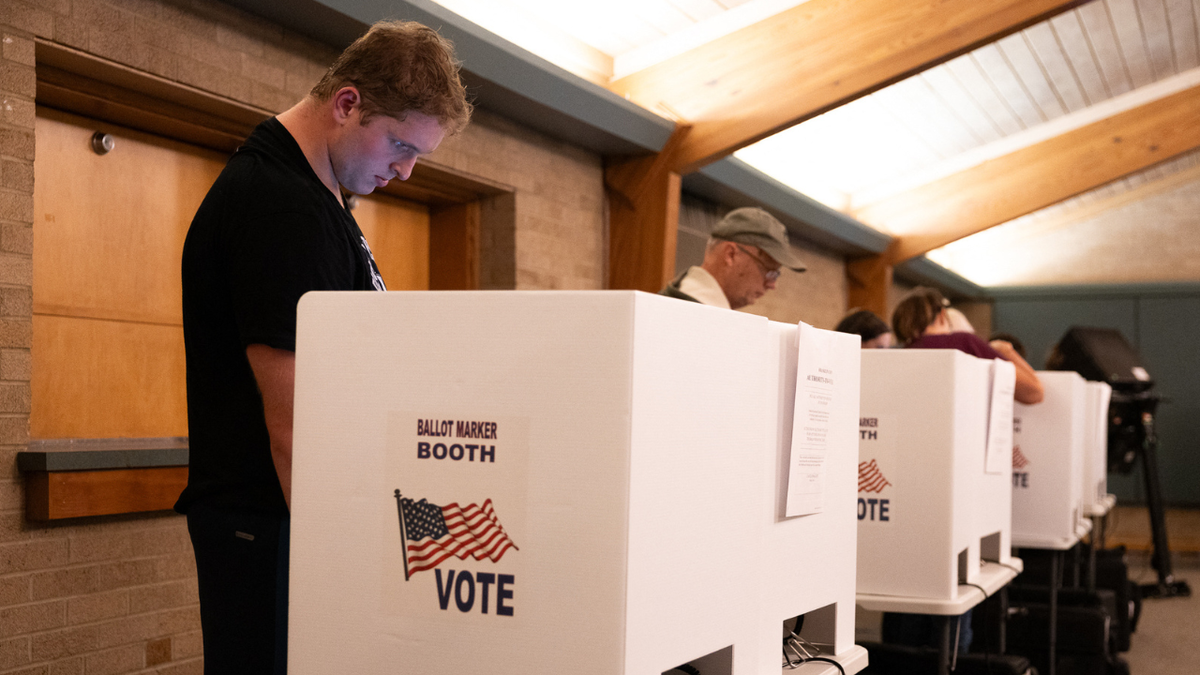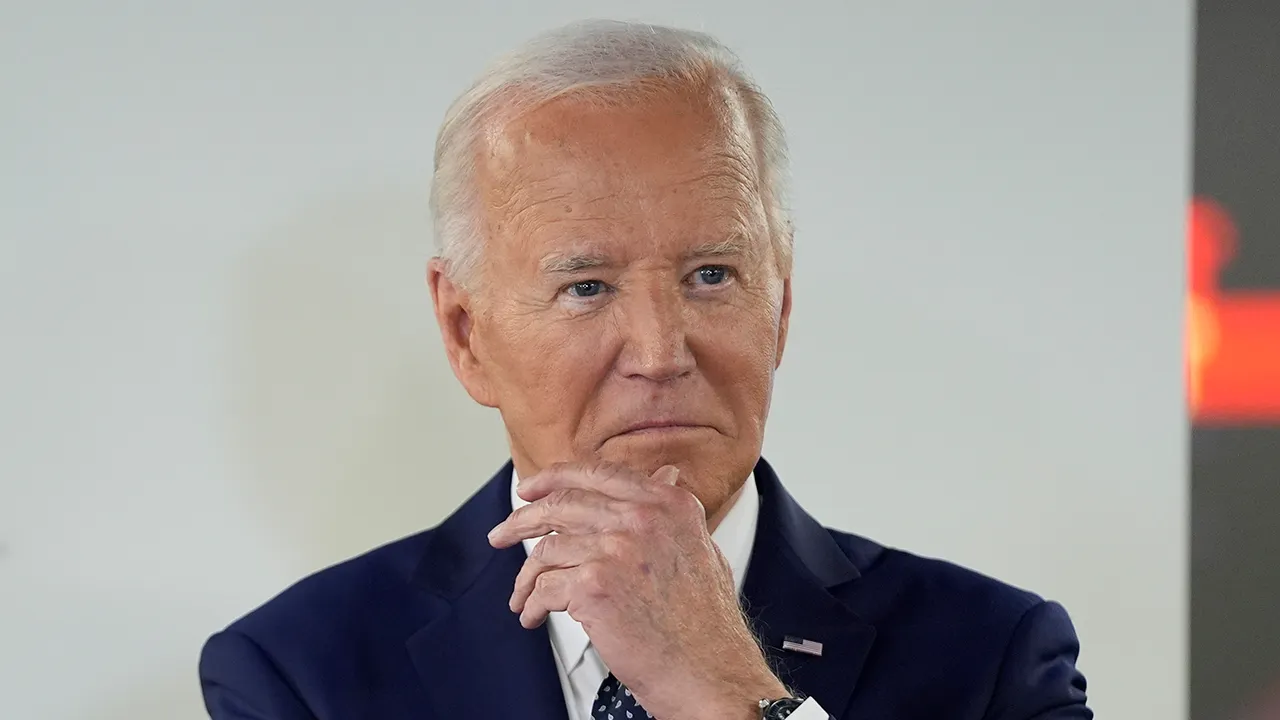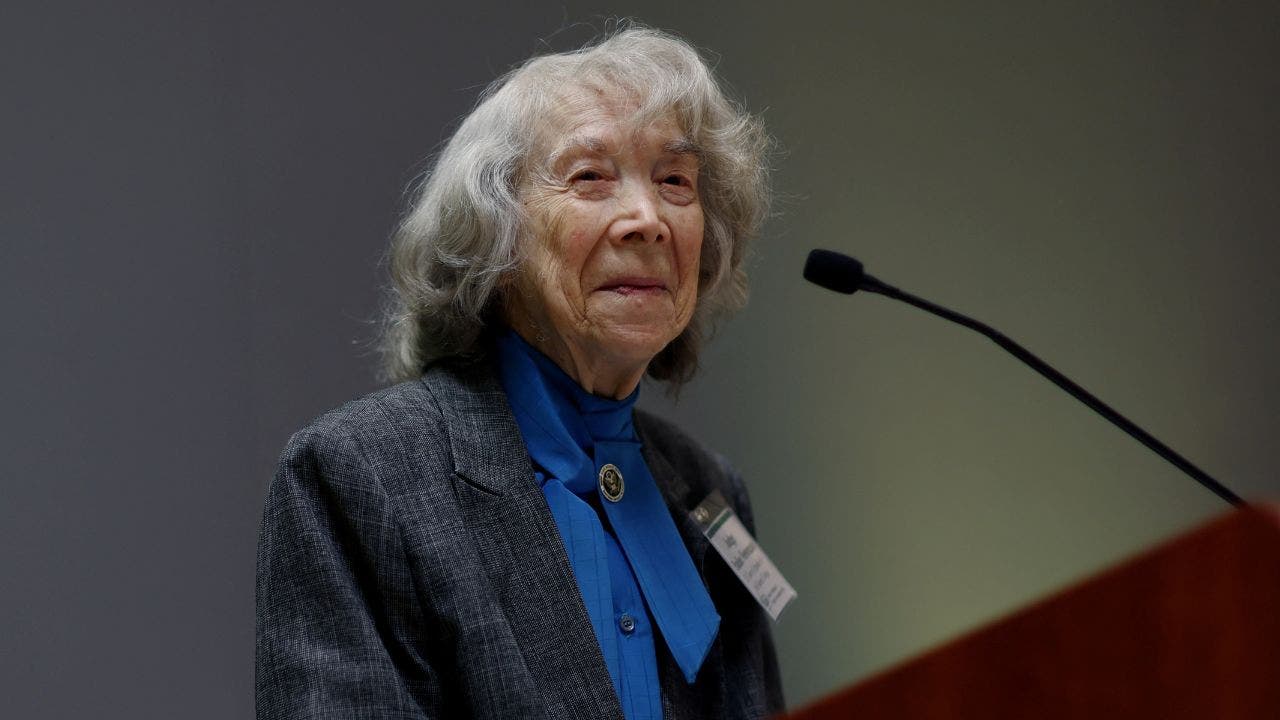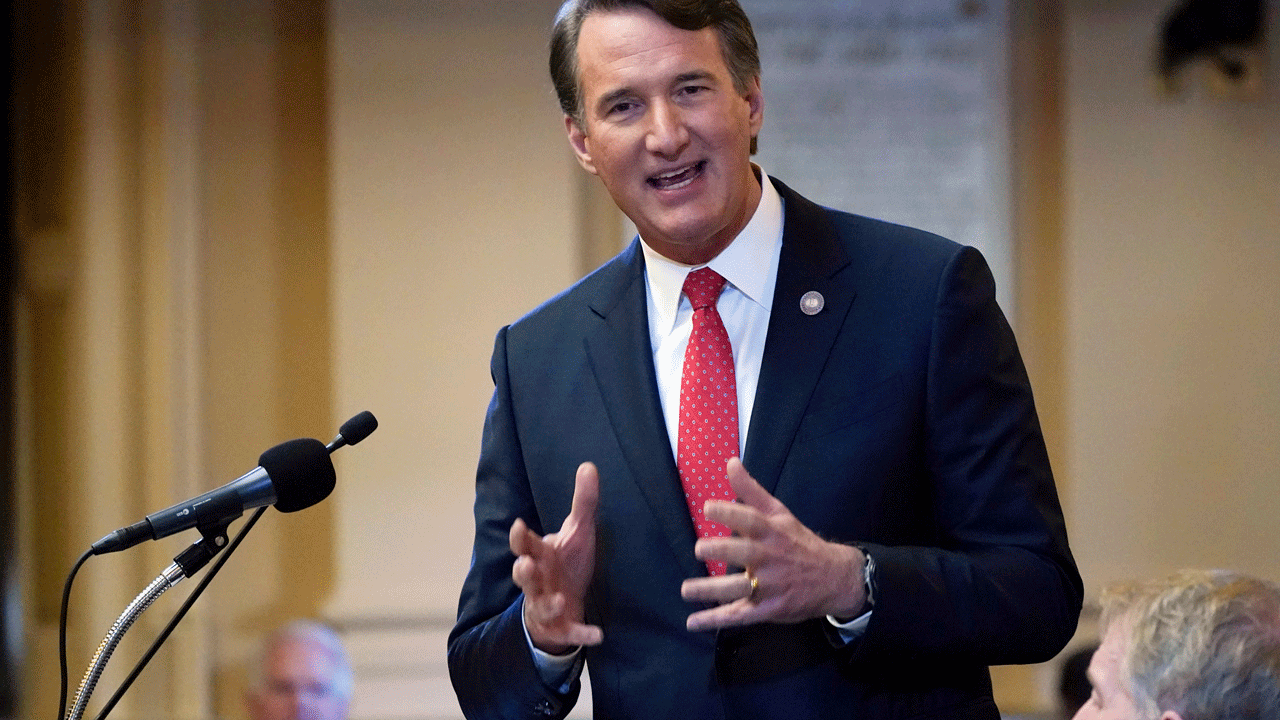An Ohio judge issued a permanent injunction on Thursday, striking down the state’s six-week abortion law as a whole while citing the state’s constitutional amendment.
“Ohio voters have spoken,” Hamilton County Common Pleas Judge Christian Jenkins wrote in the filing. “The Ohio Constitution now unequivocally protects the right to abortion.”
“This is a momentous ruling, showing the power of Ohio’s new Reproductive Freedom Amendment in practice,” Jessie Hill, cooperating attorney for the ACLU of Ohio, said in a statement. “The six-week ban is blatantly unconstitutional and has no place in our law.”
PRO-LIFE GROUPS SLAM HARRIS FOR UNCOMPROMISING ABORTION POSITION: ‘CHRISTIANS ARE NOT WELCOME’
The suit was initially filed against Republican Ohio Attorney General Dave Yost by the ACLU and Planned Parenthood on behalf of abortion providers as a result of Ohio’s 2019 law banning abortions as early as six weeks.

The suit was initially filed against Republican Ohio Attorney General Dave Yost by the ACLU and Planned Parenthood on behalf of abortion providers. (Bill Clark/CQ-Roll Call, Inc via Getty Images)
The law was allowed to briefly go into effect in 2022 after the Dobbs v. Jackson Women’s Health Organization decision. The court then issued a temporary restraining order on the law and later extended the order for two more weeks. Following a hearing in October 2022, the court issued a preliminary injunction order that remained in effect up until the permanent injunction order was issued on Thursday.
HARRIS REFUSES TO MAKE CONCESSIONS TO REPUBLICANS ON ANY ABORTION LEGISLATION, INCLUDING RELIGIOUS EXEMPTIONS
In 2023, Ohio voters approved a constitutional amendment enshrining abortion rights into the state’s constitution. In light of the amendment, Yost conceded that parts of the law were unconstitutional — particularly the six-week provision — while arguing to uphold others.

In 2023, Ohio voters approved a constitutional amendment enshrining abortion rights into the state’s constitution. (Getty Images)
“For even after a large majority of Ohio voters — presumably both women and men — approved an amendment to the Ohio Constitution protecting the right to pre-viability abortion on November 7, 2023, the Attorney General urges this Court to leave ‘untouched’ all but one provision of the so called ‘Heartbeat Act’ clearly rejected by Ohio voters,” Jenkins wrote.
SUPREME COURT RACES IN KEY STATES COULD TIP SCALES ON POLICY QUESTIONS
Jenkins disagreed with Yost, writing that if the court were to adopt Yost’s argument, “Ohio doctors who provide abortion care would continue to be at risk of felony criminal charges.”

“Ohio voters have spoken,” Hamilton County Common Pleas Judge Christian Jenkins wrote in the filing. (Andrew Spear/Getty Images)
Jenkins also stated that upholding certain provisions of the law would still require patients seeking abortions to “make two in-person visits to their provider, wait twenty-four hours to receive abortion care, review state-mandated information designed to discourage abortion and have the reason for their abortion recorded and reported.”
“This dispels the myth that the U.S. Supreme Court’s decision in Dobbs v. Jackson Women’s Health Org. merely returns the issue of abortion to the states,” the filing read.
CLICK HERE TO GET THE FOX NEWS APP
“This is a very long, complicated decision covering many issues, many of which are issues of first impression,” Yost’s office said in a statement to Fox News Digital.
Yost’s office said the state has 30 days “to determine next steps” and would “review the Court’s order in accordance with that timeframe.”
The Associated Press contributed to this report.






